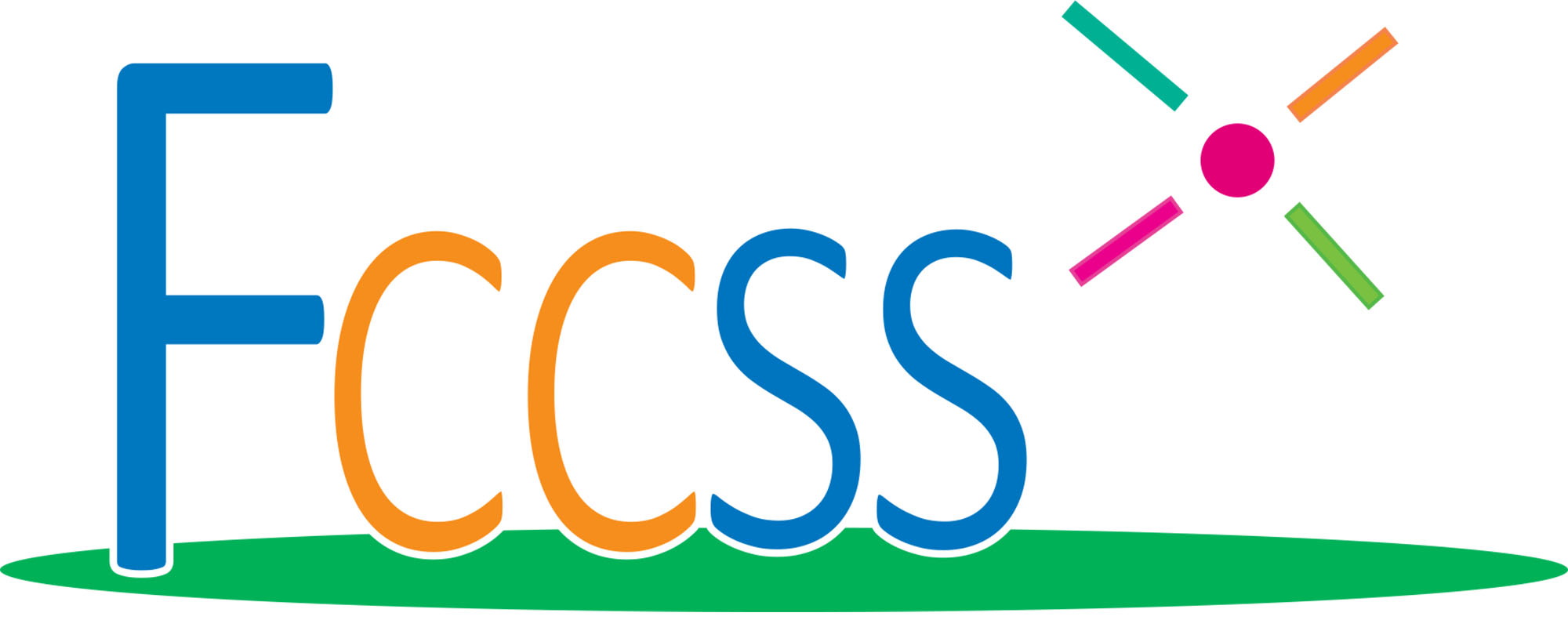Biological studies
We want to understand why some people develop late effects following childhood or adolescent cancer, and how they differ from those who do not experience such late effects. As with many diseases, it is likely that the differences lie in individual susceptibility, based on differences in their genes (genetic information units in cell chromosomes).
In the “BIO-F” study, we compare the genes of people who experience late effects to those of people not experiencing them. We hope the results will help us in the future to identify in advance those at risk of developing late effects and perhaps to personalise treatments for each patient, according to their susceptibility factors.
It is possible to study these genes using a sample of saliva, so for this study we collect a saliva sample from people treated for a childhood or adolescent cancer. Saliva collection is easy to do at home using the Oragene® kit. Further studies are based on blood samples. That is why we ask for a blood sample from patients going to the long-term follow-up clinic, as well as from patients that meet other specific criteria. Blood samples will be collected from about 10% of the FCCSS participants.
Practically, what happens during the study?
An information note and an agreement form to sign are sent by mail to the participants. Once the participation agreement is returned, the Oragene® kit is sent by mail. All relevant explanations for the collection of the saliva are included in the kit. Then, the participants return the kit by mail. All costs related to the study are supported by our team without the participant having to make any payment. The samples are kept anonymously in the Biological Resource Centre of the Institut Gustave Roussy in Villejuif.
